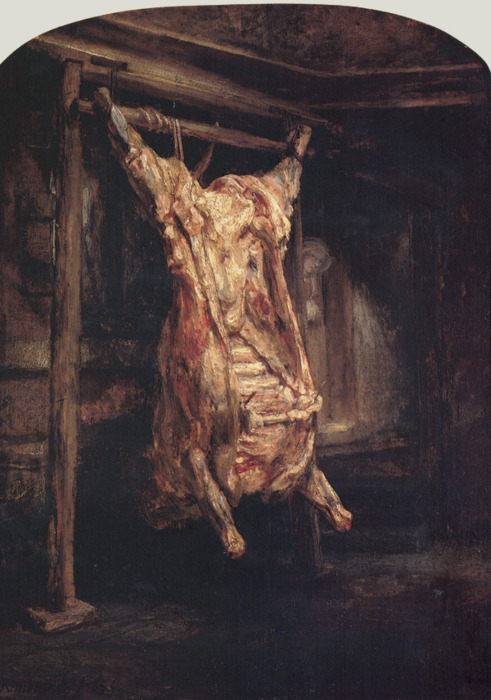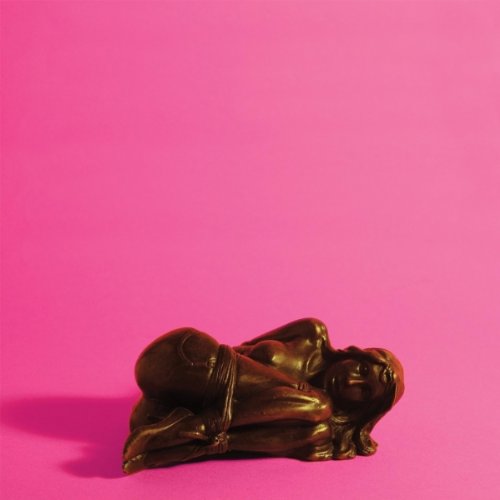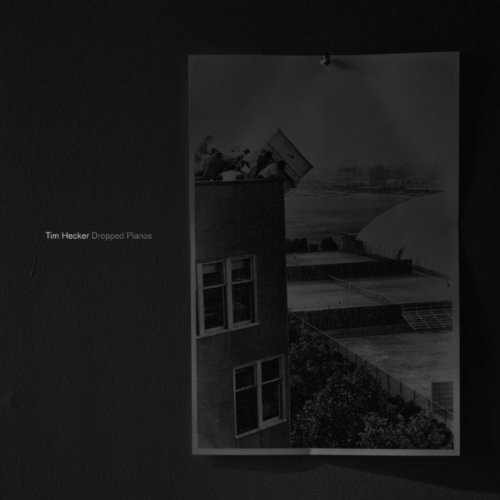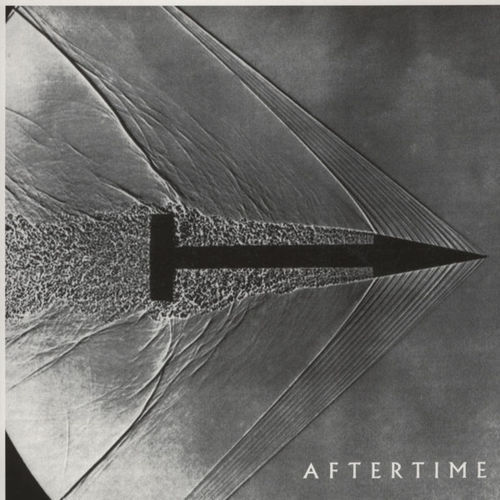One of my life's goals is to read all of Plato's surviving dialogues (current progress: 8 down, 36 to go). As I venture through this rich landscape I would like to share with you passages that resonate with me particularly powerfully; because everyone should be at least acquainted with Plato, in my opinion.
The following passage comes from Plato’s Theaetetus, a dialogue concerned primarily with the epistemological question: What is knowledge? However, Theaetetus contains a wonderful digression on discussion and argument itself, the ethical consequences of arguing for the sake of momentary victory as opposed to gaining knowledge, and a refutation of the notion that sustained intellectual inquiry is impractical, which I found particularly pertinent to the present moment. Though I have extracted what I took to be the most significant bits, it remains fairly long. Still, I encourage you to read what follows carefully and in its entirety. Additionally, it may be helpful to consider the terms used below according to the specific context in which they are employed in the dialogue, rather than how they may be understood in common parlance.
As I said, what I have quoted comes from a digression in the dialogue. Socrates, Theodorus, and Theaetetus have just evaluated Theaetetus’ first proposal to the question ‘What is knowledge?’ (Theaetetus asserts initially that knowledge is perception, but this is refuted by Socrates in a stimulating exchange that I also highly recommend.) Before proceeding to a new argument, Socrates for some reason feels compelled to say a few words on the nature of discussion and argument in general. This is likely a bit of political commentary by Plato on his own milieu, which he is known to have inserted into his dialogues.
Socrates: It is the height of unreasonableness that a person who professes to care for moral goodness should be consistently unjust in discussion. I mean by injustice, in this connection, the behavior of a man who does not take care to keep controversy distinct from discussion; a man who forgets that in controversy he may play about and trip up his opponent as often as he can, but that in discussion he must be serious, he must keep on helping his opponent to his feet again, and point out to him only those of his slips which are due to himself or to the intellectual society which he has previously frequented. If you observe this distinction, those who associate with you will blame themselves for their confusion and their difficulties, not you. They will seek your company, and think of you as their friend; but they will loathe themselves, and seek refuge from themselves in philosophy, in the hope that they may thereby become different people and be rid forever of the men that they once were. But if you follow the common practice and do the opposite, you will get the opposite results. Instead of philosophers, you will make your companions grow up to be enemies of philosophy.
A bit later, Socrates continues by addressing the distinction between a philosopher – which I take generally as a title for those willing to engage in searching, reasonable discussion – and a lawyer, which I think can also be taken in a broader sense – as a man with facility in the conventions of society and the ability to win an argument because of it, but with little true wisdom – and of which Socrates’/Plato’s opinion will become clear upon reading the following (my apologies to lawyers who venture to read on, though he does have a point):
Socrates: (…) How natural it is that men who have spent a great part of their lives in philosophical studies make such fools of themselves when they appear as speakers in the law courts.
Theodorus: How do you mean now?
Socrates: Well, look at the man who has been knocking about in law courts and such places ever since he was a boy; and compare him to a man brought up in philosophy, in the life of a student. It is surely like comparing the upbringing of a slave with that of a free man.
Theodorus: How is that, now?
Socrates: Because the one man always has what you mentioned just now – plenty of time. When he talks, he talks in peace and quiet, and his time is his own. (…) It does not matter to such men whether they talk for a day or a year, if only they may hit upon that which is. But the other – the man of the law courts – is always in a hurry when he is talking; he has to speak with one eye to the clock. Besides, he can’t make his speeches on any subject he likes; he has his adversary standing over him, armed with compulsory powers and the sworn statement, which is read out point by point as he proceeds, and must be kept to by the speaker. (…) And the struggle is never a matter of indifference; it always directly concerns the speaker, and sometimes life itself is at stake.
Such conditions make him keen and highly strung; skilled in flattering the master and working his way into favor; but cause his soul to be small and warped. His early servitude prevents him from making a free, straight growth; it forces him into doing crooked things by imposing dangers and alarms upon a soul that is still tender. He cannot meet these by just and honest practice, and so resorts to lies and the policy of repaying one wrong with another; thus he is constantly being bent and distorted, and in the end grows up to manhood with a mind that has no health in it, having now become – in his own eyes – a man of ability and wisdom.
There is your practical man, Thedorus.
(…)
[The philosopher, on the other hand,] grows up without knowing the way to the market-place, or the whereabouts of the law courts or the council chambers (…). The scrambling of political cliques for office; social functions, dinners, parties with flute-girls – such doings never enter his head even in a dream. So with questions of birth – he has no more idea whether a fellow citizen is high-born or humble (…). And in all these matters, he knows not even that he knows not; for he does not hold himself aloof from them to get a reputation, but because it is in reality only his body that lives and sleeps in the city. His mind, having come to the conclusion that all these things are of little or no account, spurns them and pursues its winged way, as Pindar [ancient Greek poet active mainly in the first half of the fifth century BCE] says, throughout the universe, ‘in the deeps beneath the earth’ and geometrizing its surfaces, ‘in the heights above the heaven,’ astronomizing, and tracking down by every path the entire nature of each whole among the things that are, never condescending to what lies near at hand.
(…)
When [the philosopher] hears talk of land – that so-and-so has a property of ten thousand acres or more, and what a vast property that is, it sounds to him like a tiny plot, used as he is to envisage the whole earth. When his companions become lyric on the subject of great families, and exclaim at the noble blood of one who can point to seven wealthy ancestors, he thinks that such praise comes from a dim and limited vision, an inability, through lack of education, to take a steady view of the whole, and to calculate that every single man has countless hosts of ancestors, near and remote, among whom are to be found, in every instance, rich men and beggars, kings and slaves, Greeks and foreigners, by the thousand. (…)
On all these occasions, you see, the philosopher is the object of general derision, partly for what men take to be his superior manner, and partly for his constant ignorance and lack of resource in dealing with the obvious.
(…)
But consider what happens, my friend, when [the philosopher] in his turn draws someone to a higher level, and induces him to abandon questions of ‘My injustice towards you, or yours towards me’ for an examination of justice and injustice themselves – what they are, and how they differ from everything else and from each other; or again, when he gets him to leave such questions as ‘Whether a king who possesses much gold is happy?’ for an inquiry into kingship, and into human happiness and misery in general – what these two things are, and what, for a human being, is the proper method by which one can be obtained and the other avoided. When it is an account of matters like all these that is demanded from our friend with the small, sharp, legal mind, (…) his head swims as, suspended at such a height, he gazes down from his place among the clouds; disconcerted by the unusual experience, he knows not what to do next, and can only stammer when he speaks. And that causes great entertainment (…) to all men who have not been brought up like slaves.
These are the two types, Theodorus. There is the one who has been brought up in true freedom and leisure, the man you call a philosopher; a man to whom it is no disgrace to appear simple and good-for-nothing when he is confronted with menial tasks, when, for instance, he doesn’t know how to make a bed, or how to sweeten a sauce or make a flattering speech. Then you have the other, the man who is keen and smart at doing all these jobs, but does not know how to strike up a song in his turn like a free man, or how to tune the strings of common speech to the fitting praise of the life of the gods and of the happy among men.
(…)
Everything that passes for ability and wisdom has a sort of commonness – in those who wield political power a poor cheap show, in manual workers a matter of mechanical routine. If, therefore, one meets a man who practices injustice or is blasphemous in his talk or in his life, the best thing for him by far is that one should never grant that there is any sort of ability about his unscrupulousness; such men are ready enough to glory in the reproach, and think that it means not that they are mere rubbish, cumbering the ground to no purpose, but that they have the kind of qualities that are necessary for survival in the community. We must therefore tell them the truth – that their very ignorance of their true state fixes them the more firmly therein. For they do not know what is the penalty of injustice, which is the last thing of which a man should be ignorant. It is not what they suppose – scourging and death – things which they may entirely evade in spite of their wrongdoing. It is a penalty from which there is no escape.
Theodorus: And what is that?
Socrates: My friend, there are two patterns set up in reality. One is divine and supremely happy; the other (…) is the pattern of the deepest unhappiness. This truth the evildoer does not see; blinded by folly and utter lack of understanding, he fails to perceive that the effect of his unjust practices is to make him grow more and more like the one, and less and less like the other. For he pays the penalty of living the life that corresponds to the pattern he is coming to resemble. And if we tell him that, unless he is delivered from this ‘ability’ of his, when he dies the place that is pure of all evil will not receive him; that he will forever go on living in this world a life after his on likeness – a bad man tied to bad company; he will think, ‘This is the way fools talk to a clever rascal like me.’
(…)
But there is one accident to which the unjust man is liable. When it comes to giving and taking an account in a private discussion of the things he disparages; when he is willing to stand his ground like a man for long enough, instead of running away like a coward, then, my friend, an odd thing happens. In the end the things he says do not satisfy even himself; that famous eloquence of his dries up, and he is left looking nothing more than a child.
I would like to close this entry by inserting a brief exchange that actually occurs relatively early on in the passage, but seems an appropriate conclusion in its currently dissected state. Theodorus acknowledges jocularly the inevitability of getting drawn into a discussion by Socrates and compares the philosopher to Antaeus, a mythical giant who lived by a road and compelled travelers to wrestle him in order to pass.
Theodorus: You don’t let any comer go till you have made him wrestle you in an argument.
Socrates: That, Theodorus, is an excellent simile to describe what is the matter with me. But I am more of a fiend for exercise than (…) Antaeus. I have met with many a Herakles and Theseus in my time, mighty men of words; and they have well battered me. But for all that I don’t retire from the field, so terrible a lust has come upon me for these exercises. You must not grudge me this, either; try a fall with me and we shall both be the better.
From Plato’s Theaetetus, translated by M.J. Levett, revised by Myles Burnyeat, in Plato: The Complete Works, edited by John M. Cooper (Indianapolis: Hackett, 1997), pp. 186-196.
(Published originally on December 16th, 2011.)























